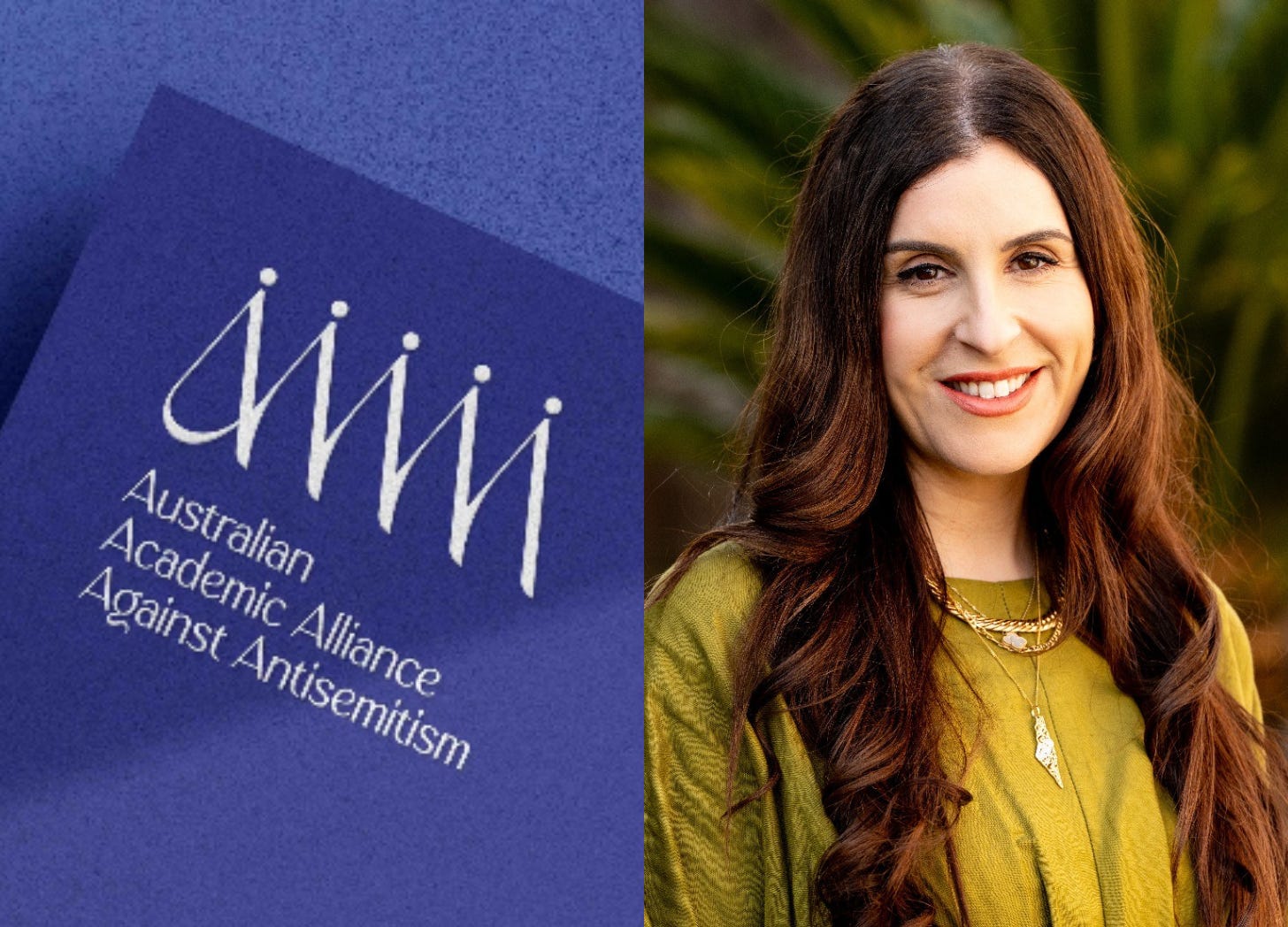Pro-Israel groups have attacked me for years. The Bendigo Writers Festival is a turning point.
Randa Abdel-Fattah writes of her experience as a target of the pro-Israel lobby
Note: this opinion piece was originally commissioned by The Age, which declined to publish it once it was submitted. Opinions expressed are those of the authors alone.
Can you imagine what it would be like to receive death and rape threats at your workplace and your home? To have your work email account hacked and used to sign you up to plastic surgery clinics across Australia and the United States?
How about having donations made in your name to the Israeli military, with receipts sent to your personal email alongside your phone number and home address? Can you imagine someone writing your name on the side of a bomb? Or the president of the Zionist Federation of Australia publicly calling for your workplace to become unsafe for you?
All these things have happened to me in the last two years, because I chose to speak out against Israel’s genocide in Gaza and advocate for the liberation and human rights of my people, the Palestinians.
Public institutions that have hosted me have been targeted with letters defaming me and demanding I be disinvited. I’ve been followed and harassed by reporters at public events. Security has had to escort me after posters with my name, face, and the word “Nazi” were plastered across venue walls and around my university campus.
Pro-Israel organisations mounted a campaign against my publisher to cancel my book contract. Politicians, shielded by parliamentary privilege, have vilified me. These defamatory claims have then been amplified in media reports and cited in letters of complaint.
For months, pro-Israel lobbyists, the Murdoch media and the Coalition campaigned for my dismissal from Macquarie University. This smear campaign culminated in the suspension of my Australian Research Council Future Fellowship which, even months on, remains suspended pending an investigation into false allegations first published in The Australian.
When I share these experiences, it’s not an exercise in self-indulgence. It’s to emphasise that the personal is always political. These attacks are aimed not simply to silence or intimidate me, but to serve as a cautionary tale to others who might think of demanding that Israel be held accountable for its crimes.
And so, last Wednesday – just three days before I was due to appear at the Bendigo Writers Festival – when I received a code of conduct that read like a fusion of pro-Israel lobbying and Orwellian decree, I immediately understood that my presence had (again) been the subject of complaints, and that La Trobe University and the festival had capitulated by seeking to impose a gag order.
The code reveals contempt for writers: for our free speech, for our right to engage in robust, thought-provoking debate and to emphasise the basic truth that one cannot “both-sides” a discussion about genocide, injustice and oppression.
It includes La Trobe University’s Anti-Racism Policy (which conveniently excludes anti-Palestinian racism). That policy incorporates Universities Australia’s definition of antisemitism which, in its conflation of Zionism and Jewish identity, is not sustainable on any intellectual grounds. It has been widely criticised as even more egregious than the problematic International Holocaust Remembrance Alliance definition, whose lead drafter now says that using it as a speech code will enable McCarthyism and endanger democratic institutions.
La Trobe’s policy appropriates concepts First Nations and anti-racism advocates fought for over decades. It claims to be "trauma informed" and to "prioritise safe, supportive environments that recognise trauma and promote healing".
I was sent this policy in a week when me and my community were struggling to process our profound grief over Israel’s assassination of six Palestinian journalists. How does silencing the traumatised “promote healing and resilience”? How does dog-whistling the presence of a Palestinian at a writers’ festival as antisemitic meet the goal of addressing "the impacts of racism and colonisation”?
What is far easier to see is that the murder of journalists – the ultimate act of silencing – and institutional measures to silence writers and academics here are both about burying the testimony and the history and the claims of Palestinians, whether it is in graves inside Palestine or under the detritus of campaigns to criminalise Palestinians and their allies outside the homeland. Bearing witness and sharing witness are attacked together.
Institutions manipulate the language of diversity, cohesion, safety and respect to categorise pro-Palestinian speech as dangerous. Silence over the killing and starvation of Palestinians becomes necessary for the smooth running of a writers’ festival.
Except that, 681 days into a genocide, this campaign of silencing backfired. I was the first to withdraw from the festival, quietly, believing it would be a lone act of defiance and one more entry in the catalogue of traumatic experiences I began this piece with.
I was therefore humbled to witness the growing momentum of writers withdrawing in solidarity, but also (and more significantly) because they recognised that this censorship is not about one issue. Palestine is, as we have argued for decades, the litmus test.
Writers withdrew because they saw that institutions are prepared to dismantle democratic principles and set aside intellectual rigour to shield both Israel’s conduct and the Zionist ideology that underpins it. They withdrew because they most likely read the code of conduct on the same phone screen that brought them images of amputee children, emaciated adults and incinerated refugee tents in Gaza.
The cultural boycott of Bendigo Writers Festival is a turning of the tide. People of conscience know that if silence is demanded over a livestreamed genocide, then silence will eventually be demanded over everything else.
Dr. Randa Abdel-Fattah is a Palestinian-Australian academic and author. Her new novel, Discipline, is out now through University of Queensland Press.






DeepCut thank you for publishing Randa article. Randa you are an inspiration and asset to the Palestinian community and to all of us that will not be silenced from seeking and speaking the truth.